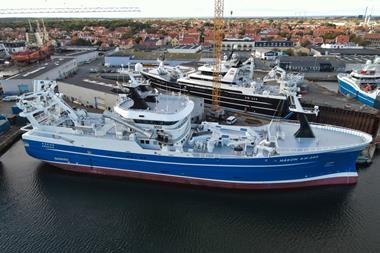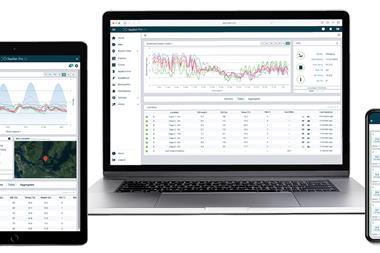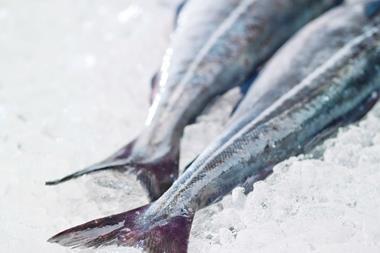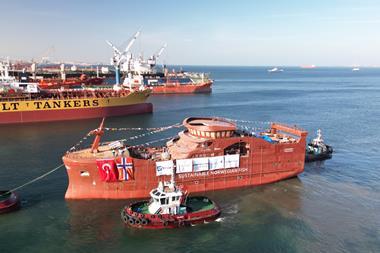Fisheries science is an interdisciplinary programme that has been taught at the University of Akureyri (UNAK) in northern Iceland since 1990. At the university, students gain a comprehensive understanding of applied sciences, including mathematics, physics and chemistry, as well as key concepts in business administration, economics, finance and management.
Magnús Víðisson, head of the Fisheries Science department, told the IceFish team that the programme equips students with in-depth knowledge of the latest advancements in fisheries science and the entire value chain from marine environments to market.
“They learn to explain human-ocean interactions and manage fisheries projects by integrating environmental and economic factors, while also becoming proficient in search and information technology methods,” he said.
Students in this programme set and achieve project goals, conduct laboratory and fieldwork, and apply financial and empirical methodologies to make informed decisions. They critically evaluate their own work and that of others, emphasising precision in data handling, and develop skills in using relevant software and technology.
Graduates apply their knowledge in both academic and practical contexts, presenting well-supported arguments for industry-related solutions.
“They effectively communicate research findings, collaborate with diverse teams, and demonstrate academic rigor, independent work habits, and innovative thinking, preparing them for advanced challenges in the fisheries sector,” Víðisson said.
He also explained that students can also get a degree in business administration by adding a year of business studies. Or they can enrol in a double degree in fisheries and business from the outset.
The main employers of fisheries science graduates are Iceland’s largest fisheries companies, including Samherji, Brim and Vinnslustöðin. Graduates often secure roles as directors, production managers, department managers, treasurers, managing directors, project managers, quality managers and marketing managers.
Many also start their own companies or work abroad.
The programme is also beneficial in broader fields, with up to half of fisheries scientists employed outside traditional fisheries companies, such as in financial, logistics, and software sectors.
“The Icelandic fishing industry is characterised by innovation and progress, providing numerous opportunities in innovative and start-up companies,” Víðisson said.
UNAK and its fisheries science programme will have a strong presence on stand H52 at IceFish 2024.
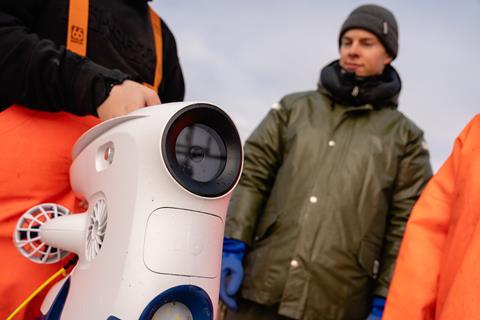
[UNAK.jpg] Caption: Fisheries science students collecting data as part of a stock assessment


